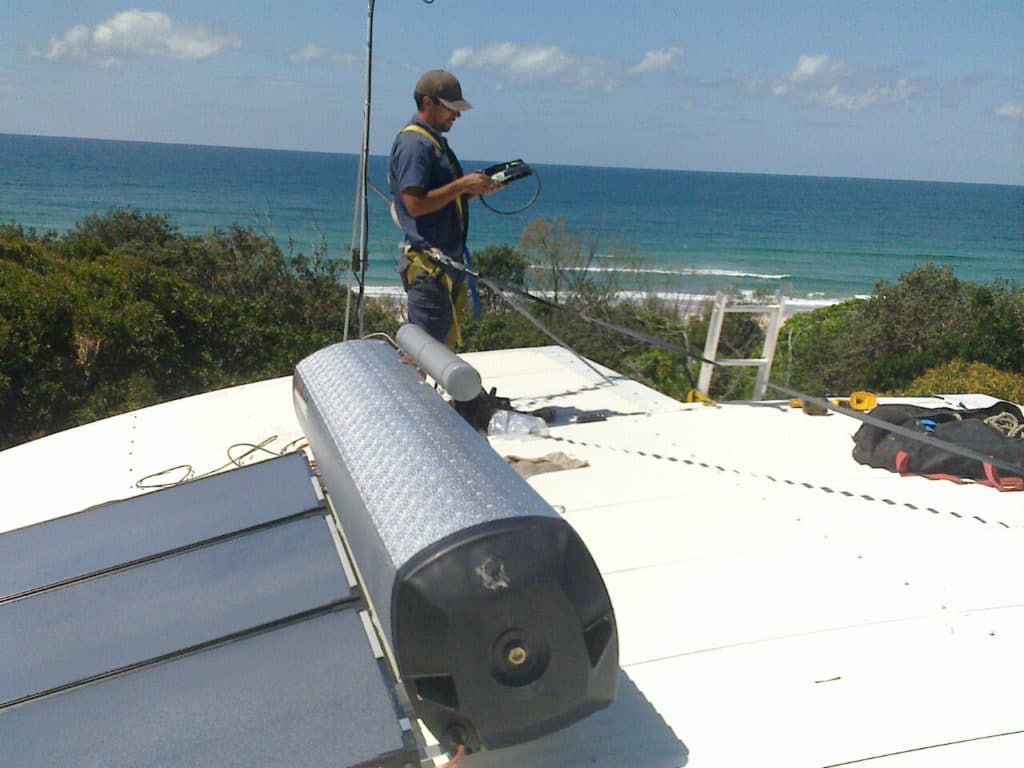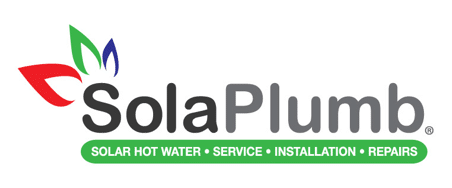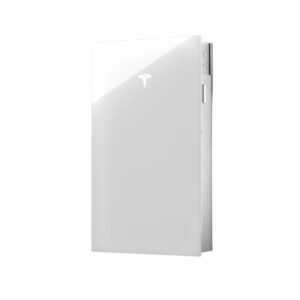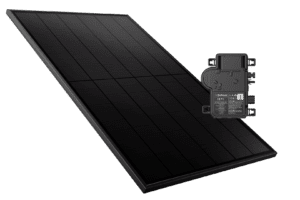The solar industry is booming, and for good reason. Solar energy is a clean and renewable resource that can help us reduce our dependence on fossil fuels. One of the most exciting applications of solar energy is solar hot water. In this blog post, we’ll explore why solar hot water is the future of heating water and home cooling. We’ll also take a look at the economics of installing a solar hot water system in your home. Read on to learn more!
What Is Solar Hot Water?
Solar hot water is a system that uses the sun’s energy to heat water. The sun’s energy is captured by solar panels, which are then used to heat water in a storage tank. This hot water can then be used for a variety of purposes, including bathing, cooking, and home heating. Solar hot water systems can be used in both residential and commercial applications.
The first commercial solar water heater was patented in 1891, and within five years, solar domestic hot water systems were installed in around 30% of residences in Pasadena, California.

The use of solar hot water systems declined in the United States after World War II because of the availability of cheap fossil fuels. However, the oil embargo in 1973 created an interest in renewable energy sources, and solar hot water systems became popular again.
Solar hot water systems are becoming more and more popular every day. They are a cost-effective way to heat water and can save you money on your utility bills. Solar hot water systems also help reduce our dependence on fossil fuels, which means they are good for the environment. So if you are thinking about installing a solar hot water system in your home, now is the time to do it!
How Does Solar Hot Water Work?
Solar hot water systems use the sun’s energy to heat water. The system consists of a solar collector, a storage tank, and a pump. The cold water is pumped to the solar collector on the house’s roof, where it is warmed by the sun. The warm water then flows into a storage tank before being sent to a traditional water heater. The water is heated even more until it is hot and ready to use.
Types of Solar Hot Water Heaters
There are five main types of solar hot water heaters: Air, Direct-Circulation, Drain-Down, Indirect Water-Heating, and Thermosiphon Systems.
Air Systems – The collectors in this indirect system heat the air, which is then transported through an air-to-water heat exchanger by a fan. After that, the water is used for domestic or service purposes. The heat exchanger’s efficiency is in the 50 percent range.
Direct-Circulation Systems – In this system, the water flows through the collectors and is then stored in a tank. Recirculating hot water from the storage tank or flushing the collectors provide freeze protection. Because recirculation systems use more energy, whereas flushing systems use less, direct-circulation systems are only utilized in places where freezing temperatures are uncommon.
Drain-Down Systems – In this system, the collector and storage tank are drained of water when freezing temperatures are expected. The pump then re-circulates a glycol/water mixture through the collectors to prevent them from freezing. These systems must be designed so that the collectors can be drained without damaging them.
Indirect Water-Heating Systems – A freeze-protected fluid is circulated via a closed-loop in these systems, and its heat is converted to potable water via a heat exchanger with an efficiency of 80 to 90%. Water-ethylene glycol solutions and water-propylene glycol solutions are the most often utilized fluids for freeze prevention.
Thermosiphon Systems – These systems heat water or an antifreeze fluid, such as glycol, to prevent freezing. Natural convection transports the fluid from the collectors to the storage tank, which is located at a higher elevation. Pumps aren’t necessary. Fluid velocity and thus heat transmission increase with temperature in thermosiphon systems, so these systems are most efficient in places with high quantities of solar radiation.
“Solar hot water is the future. It’s clean, renewable, and efficient. Not to mention it can save you a lot of money in the long run.”
Important Factors to Consider Before Installing Solar Hot Water System
When choosing to install a solar hot water system, you’ll need to consider the following factors: climate, budget, and lifestyle.
- Climate – In order to determine which solar hot water system is best for you, you’ll need to consider your climate. If you live in an area with freezing temperatures, you’ll need a system that can prevent the water from freezing.
- Budget – It’s important to consider your budget when choosing a solar hot water system. Some systems are more expensive than others.
- Lifestyle – Your lifestyle should also be taken into account when choosing a solar hot water system. If you have a large family, you’ll need a system that can provide enough hot water for everyone.
Advantages of Solar Hot Water
There are many advantages to solar hot water. Below are some of the most important ones:
- Solar hot water is renewable – Solar hot water is a renewable resource. This means that it can’t be used up.
- Environmentally friendly – Solar hot water is environmentally friendly because it doesn’t produce greenhouse gases.
- Reduces dependence on fossil fuels – Solar hot water can help reduce our dependence on fossil fuels.
Disadvantages of Solar Hot Water
Solar hot water systems offer a number of advantages over traditional systems. Solar hot water isn’t for everyone; here are some disadvantages you need to be aware of:
- Higher initial cost – Solar hot water systems can be more expensive to install than traditional heating systems.
- Requires regular maintenance – Like any other piece of equipment, solar hot water systems require regular maintenance to keep them running properly.
- Not suitable for all climates – If you live in a place with freezing temperatures, you’ll need a solar hot water system that can prevent the water from freezing.
- Solar hot water is exclusively used to heat water – Solar hot water systems can’t be used to heat your home; they can only be used to heat water.
Despite these disadvantages, solar hot water is a great option for those looking to save money and reduce their dependence on fossil fuels. If you’re considering solar hot water for your home, be sure to consult with a professional to see if it’s right for you.
Final Thoughts
Solar hot water is the future. It’s clean, renewable, and efficient. Not to mention it can save you a lot of money in the long run. If you’re still on the fence about solar hot water, we hope this article has helped change your mind. Ready to take the plunge? Contact us today – we would be happy to help get you on your way to becoming more sustainable and reducing your energy bills at the same time.







